Turkey airports
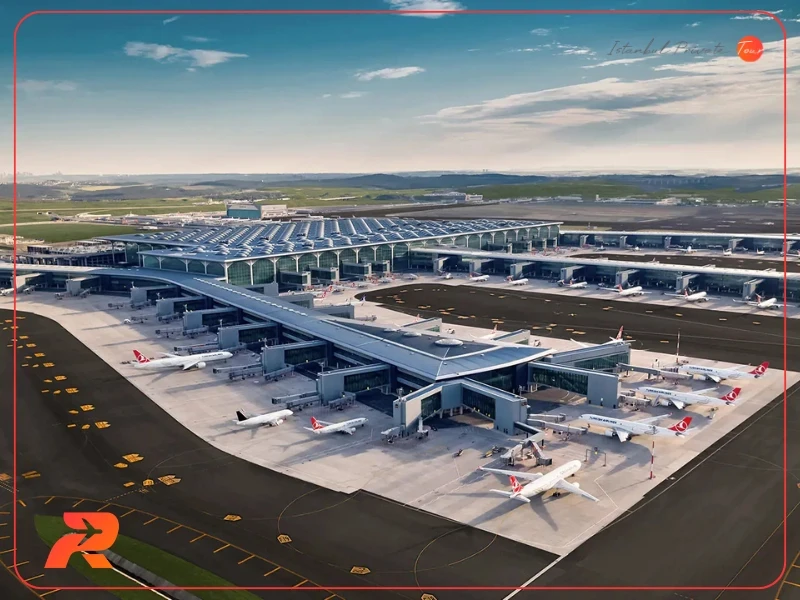
Turkey, a unique crossroads between Asia and Europe, has international airports that serve as vital gateways connecting the East and West. These airports are not just major transit points; they are modern, well-equipped hubs that welcome millions of travelers for both tourism and business every year.
Istanbul Airport is Turkey's newest and largest airport, having replaced the historic Atatürk Airport as the city's main gateway. Located on the European side of Istanbul, it's one of the world's biggest airports, handling tens of millions of passengers annually. The airport is known for its modern design, luxurious facilities, and strategic location, which makes it a key global hub for Turkish Airlines.
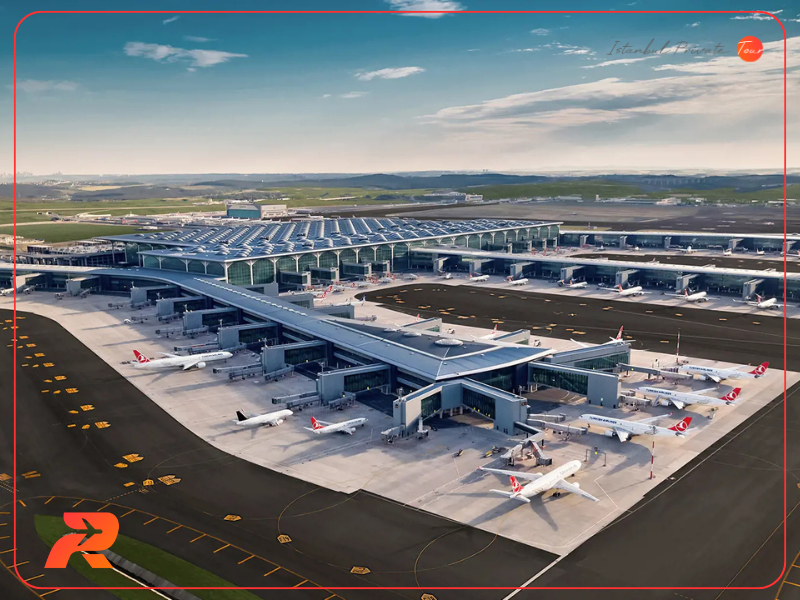
Located on the Asian side of Istanbul, Sabiha Gökçen International Airport is a major hub for low-cost carriers like Pegasus Airlines. Though smaller than the new Istanbul Airport, it serves a massive number of passengers, especially for domestic and short-haul international routes, and provides a convenient alternative for travelers coming to or from the Asian side of the city.
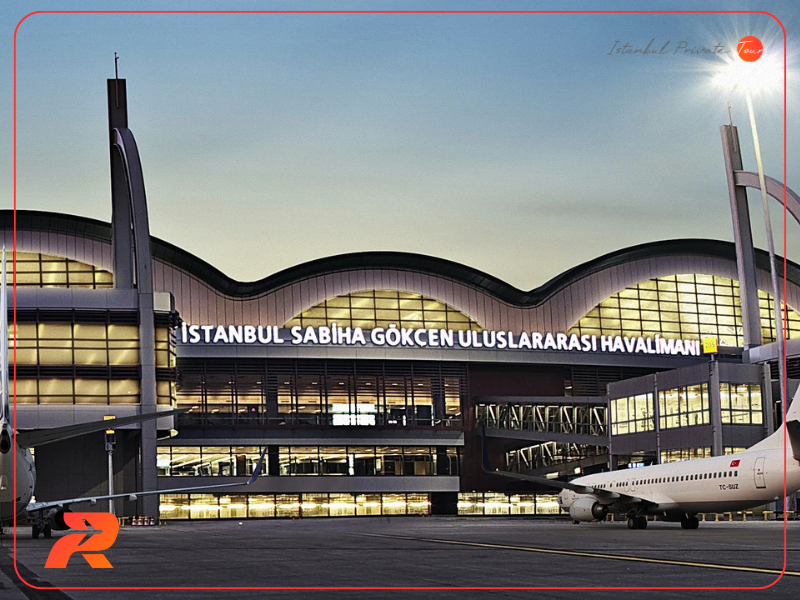
-
Antalya Airport (AYT): Gateway to the Turkish Riviera
Antalya Airport is the lifeline of Turkey's Mediterranean coast. This airport plays a crucial role in welcoming millions of tourists heading to popular coastal resorts like Antalya, Belek, Side, and Alanya. The airport's peak activity is during the summer, as it connects Turkey to hundreds of destinations across Europe, Russia, and the Middle East, reflecting the significant importance of tourism to the Turkish economy.
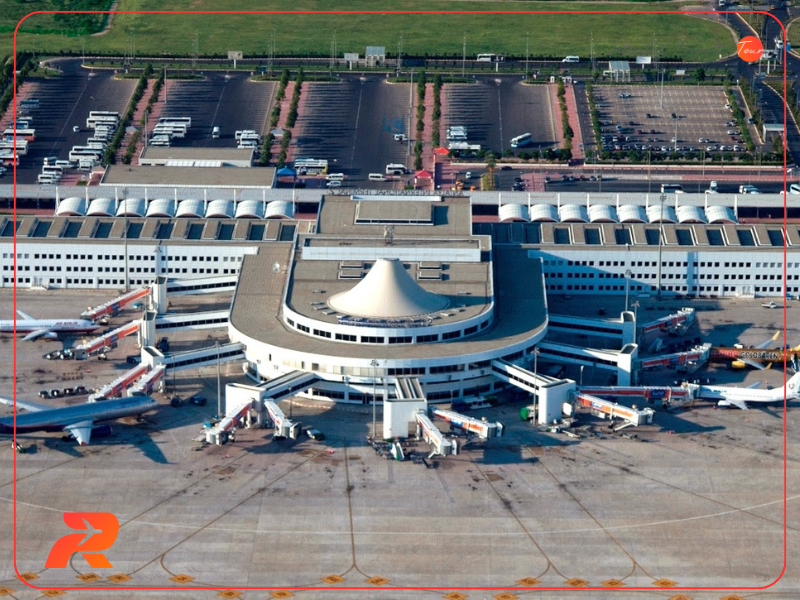
-
Izmir Adnan Menderes Airport (ADB): The Heart of the Aegean
Located in the Aegean region, Izmir Adnan Menderes Airport is a primary gateway for travelers looking to explore this historically and culturally rich area. It serves the coastal city of Izmir, as well as nearby tourist destinations like Ephesus, Alaçatı, and Kuşadası, making it the perfect starting point for trips that combine relaxation and cultural exploration.
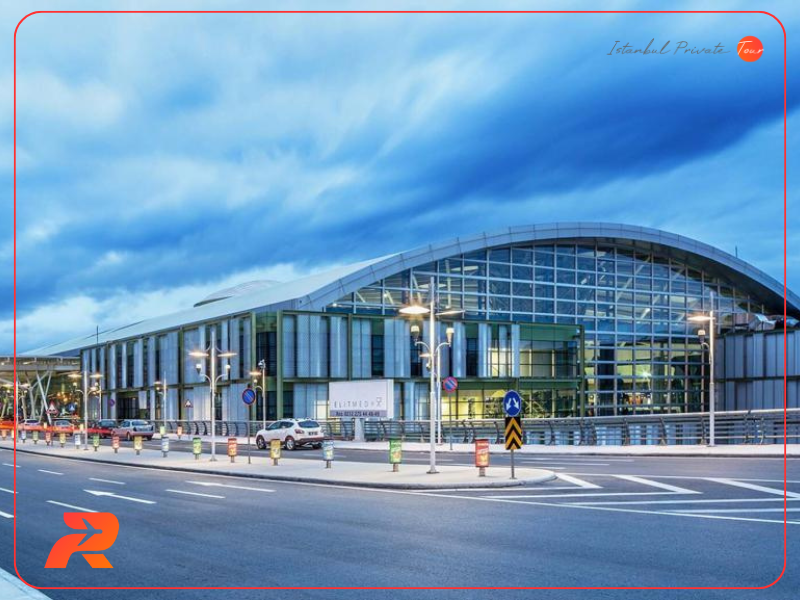
Technology and Services: A Seamless Travel Experience
Turkish airports are heavily focused on providing a comfortable and efficient travel experience. For example, Istanbul Airport incorporates the latest technology, such as biometric verification systems and self-check-in procedures. Most major airports also offer comprehensive services, including luxurious business lounges, duty-free shopping areas, and a diverse range of restaurants and cafes serving both local and international cuisine, making waiting a pleasant experience in itself.
The Economic and Strategic Role of Turkish Airports
Beyond their role in facilitating tourism, these airports contribute significantly to the Turkish economy. They not only provide thousands of direct and indirect jobs but also serve as important logistical centers for cargo and air freight. The continuous expansion of Turkey's air network, particularly through Turkish Airlines, solidifies the country's position as a global aviation hub, attracting international investment and boosting foreign trade.
These airports, with their diversity and modern facilities, help streamline the flow of travelers and provide a smooth travel experience, reinforcing Turkey's status as a leading global tourism destination.




